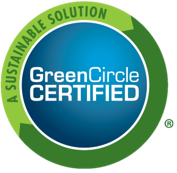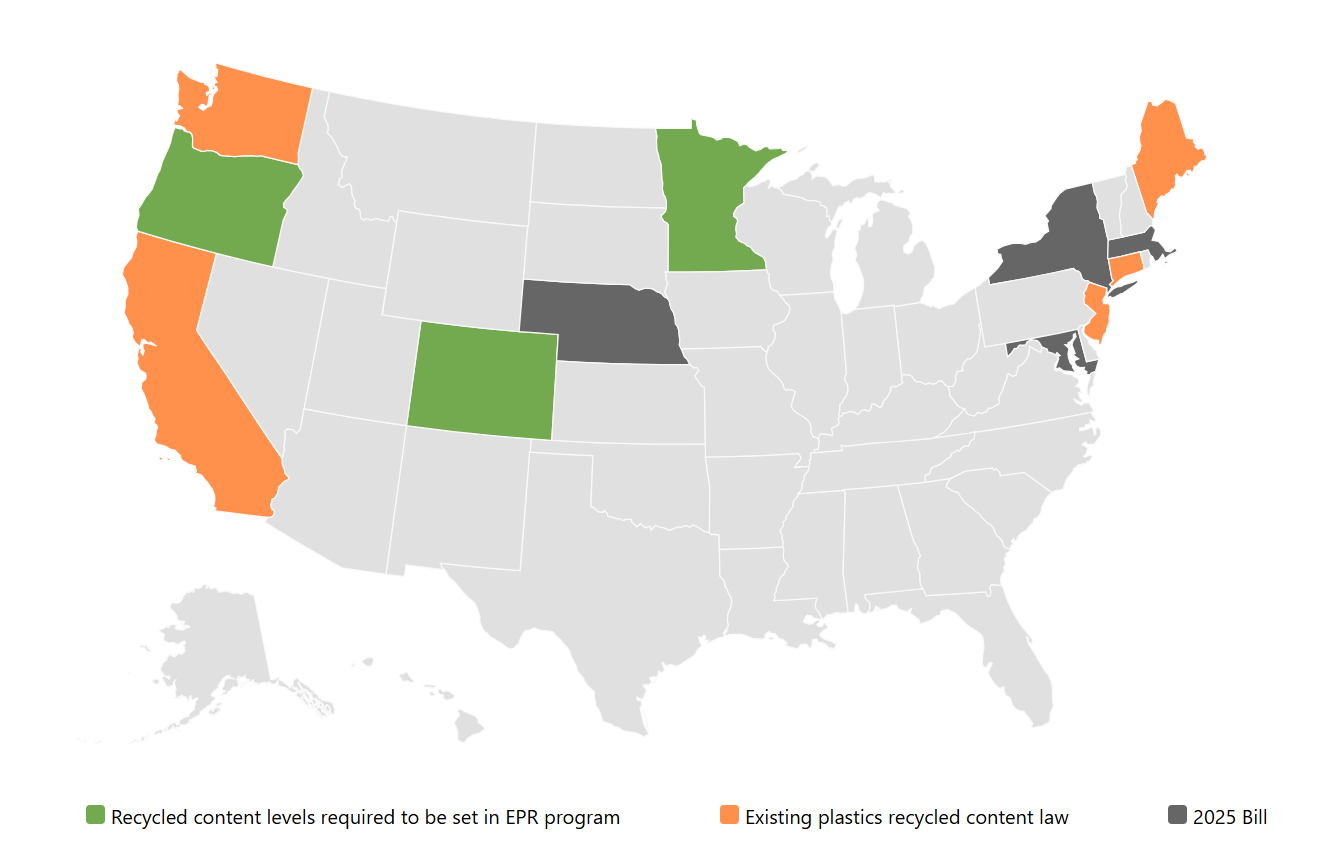How Certification and Innovation Are Reshaping the Circular Economy and Why It Matters Now
The circular economy is no longer just a theory or ambition. It is becoming the foundation for how materials are sourced, products are made, and companies remain competitive in a world that demands more than surface-level sustainability.
As regulations tighten and customers become more informed, companies face increasing pressure to prove their environmental impact and not just through marketing claims. From carpet tiles to packaging, real progress in circularity requires a complete shift in how products are designed, what they are made of, and how they return to the supply chain at the end of life.
Innovation That Goes Beyond Materials
Leading companies are showing that circularity is not just about recycling, it is about fundamentally redesigning products and systems.
Take-back programs that allow customers to return used products for reuse or remanufacturing are one example. Modularity in design is another, making it easier to repair, replace, or disassemble parts rather than dispose of the whole. The goal is to maximize the use of materials, extend product life, and reduce the need for virgin resources.
This kind of innovation also requires deep collaboration across supply chains, along with bold moves in product development and procurement.
Understanding the New Regulatory Landscape
Regulators are no longer taking sustainability claims at face value. In states like California, new laws are setting minimum requirements for post-consumer recycled content, including mandates that specific products must include recycled materials or face market restrictions.
Packaging legislation is also shifting fast, with stricter labeling requirements and increased accountability for recycling outcomes.
These policies are pushing companies to align their sustainability strategies not just with their values but with legal obligations. That means transparency is no longer optional; it is a prerequisite for doing business.
Source: Association of Plastic Recyclers
The Challenge of Recycled Content Claims
Even when companies are genuinely using recycled materials, proving it can be complicated. Mass balance, a method that tracks recycled inputs and allocates them across outputs, has emerged as a way to operationalize circularity at scale. But if done incorrectly, it can open the door to greenwashing.
Mass balance only works when there is clear oversight, rigorous data, and a commitment to honesty about how materials flow through a system. That is why recycled content claims are under increasing scrutiny from regulators and watchdog groups.
Why Certification Is Becoming Essential
To meet these demands, many organizations are turning to third-party certification as a way to validate their circular economy efforts. Certifications help ensure that recycled content claims are credible, traceable, and aligned with the latest standards.
They also provide a level of trust that internal audits and self-declared claims often lack, which can be critical when dealing with customers, procurement teams, and regulatory agencies.
Certifying closed-loop systems, material recovery processes, and supply chain practices is no longer a bonus, it is becoming an expectation for companies that want to lead in sustainability and meet the moment with integrity.
Want to Go Deeper?
If you are navigating these challenges, or want to better understand how certification, innovation, and regulation are shaping the future of circularity; join us for an expert-led session:
Hear directly from industry leaders who are pushing the boundaries of sustainable design and learn how to apply their strategies to your own organization.
Written by Sara Risley, Certification Officer, GreenCircle Certified
About Sara
Sara brings over 15 years of experience in product certification and regulatory compliance. Before joining GreenCircle, she served as the Vice President of Certification at Green Seal, where she led the certification department for two years. Prior to that, she led NSF International's food product certification division, overseeing independent verification for food labels and packaging claims such as Organic and Non-GMO certifications. Additionally, she spent five years as the technical operations lead at NSF International, managing ANSI-accredited standards for commercial food equipment, food contact materials, and water filters.






